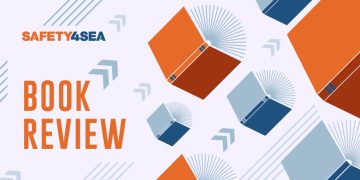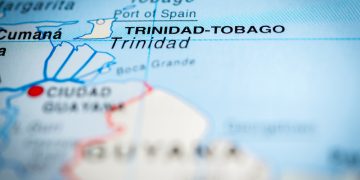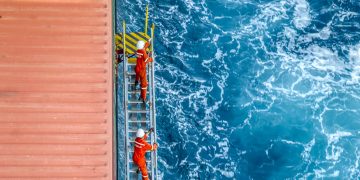Steering gear control wheel potentiometer failure resulting in vessel grounding
Lloyd's Register Safety Alert Following an incident involving loss of steering on a Marshall Islands registered bulk carrier, the Transportation Safety Board (TSB) of Canada issued a Marine Safety Advisory Letter No. 07/11. The information obtained indicated the ship experienced a loss of steering control when the No.2 servomotor's wheel potentiometer failed while the rudder was at 10 degrees to starboard. The ship then ran aground.It was established that the control system manufacturer had published a service document recommending potentiometers to be replaced at five-yearly intervals on their similarly equipped steering consoles. Thisdocumentation was not found on board nor was the information present in the ship's steering gear manual.There was also no document to indicate that the potentiometer had been replaced since the ship was constructed in 1986. Lloyds Register has now conducted a search of its defect database and identified a number of similar failures in the last five years. These failures have occurred on various makes of steering gears with the majority being after more than five years of service.It is strongly recommended that owners and operators ensure all service bulletins are maintained up to date with a copy retained on board, and that necessary maintenance procedures are ...
Read more





















































